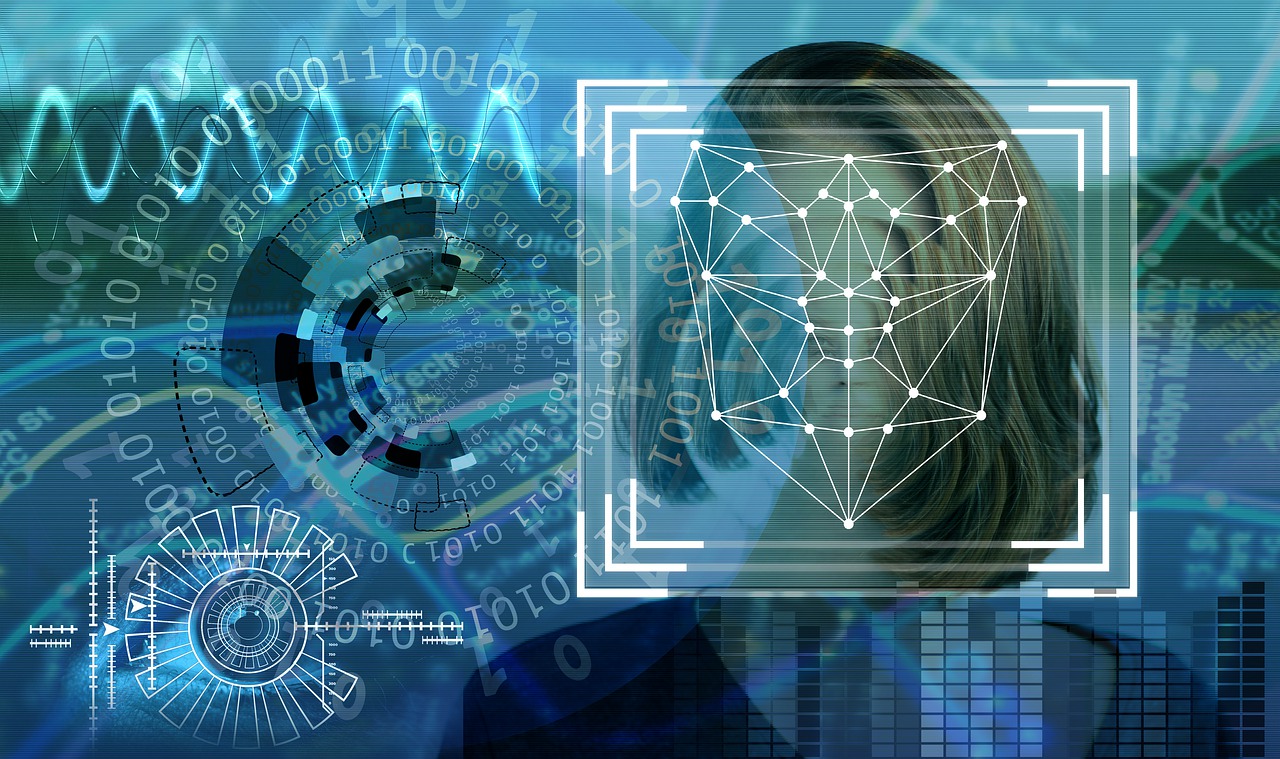Video surveillance: opportunities and dangers of facial recognition
Artificial intelligence (AI) facial recognition systems are becoming more accurate with intelligent algorithms. In April, the European Union (EU) established new rules for the use of AI technology in video surveillance in a draft regulation.

The European Union (EU) wants to allow the planned surveillance of people by means of automated facial recognition According to a draft regulation from April and only allow exceptions if this is necessary to maintain public order and law enforcement. The EU Commission is convinced that the minimum requirements for such an application include the exclusive use of "neutral", i.e. non-discriminatory, e.g. racist, data for the development of AI, and that humans retain ultimate control over measures, i.e. legal interventions.
Such a restrictive regulation will considerably limit the usability of the biometric technology of the future. Already in 2007 had the German BKA achieved recognition rates of more than 70 percent with a false acceptance rate (FAR) of 0.4 percent as part of a research project at Mainz Central Station using frontal images in daylight. In a pilot project at Berlin Südkreuz station in 2019, a hit rate of over 91 percent was achieved with an FAR of 0.21-0.25 percent, depending on the size of the reference database.
Legal regulation in compliance with human rights
Although German Interior Minister Seehofer initially wanted to enshrine the possibility of facial recognition in the Federal Police Act and have such systems installed at 135 train stations and 14 airports, the draft of the new Federal Police Act no longer provides for this possibility, primarily because of the FAR established to wait until the technology is "mature."
In contrast, Green Party MEP Alexandra Geese sees the EU regulation's failure to outright ban automatic facial recognition in public spaces as a "slap in the face to civil society." According to a Report of the magazine "Spiegel San Francisco became the first city in the U.S. to ban the use of facial recognition by authorities. According to a report in the "Süddeutsche Zeitung" in June 2020, the companies Microsoft and Amazon have also announced that they will suspend cooperation with the police until facial recognition is legally regulated in compliance with human rights.
Neither the Swiss Federal Constitution nor the German Basic Law (GG) explicitly provides for a right to anonymity. To understand a right to anonymity as an essential feature of human dignity, which is unrestricted under both constitutions, would extend this "superfundamental right" disproportionately. Rather, the right to anonymity is a component of the general right of personality enshrined in Article 10 (2) of the Swiss Constitution and Article 2 (1) of the Basic Law, which can be restricted under the conditions of Article 36 of the Swiss Constitution and Article 19 in the Basic Law. A
legal regulation for the purpose of danger prevention and criminal prosecution is therefore permissible.
AI of facial recognition systems is becoming more accurate through learning algorithms. And image databases are growing. Polish startup Pimeyes has built a database of 900 million stored faces, and Chinese company Megvii is creating a new face recognition system after a Report in the newspaper "Das Parlament a facial recognition product platform that more than 300,000 companies in 150 countries are using to develop their own applications, according to Forbes. More and more companies are using facial recognition in the home rights sector.
For example, the airline alliance Star Alliance wants to replace boarding passes with facial recognition on a voluntary basis. Chinese company Taigusys has even specialized in the development of emotion recognition software and believes according to a recent report in the FAZThe idea is to be able to foresee dangerous behavior and track down criminals. But there is no scientific evidence that a person's emotional state can be reliably read from his or her facial expression.









